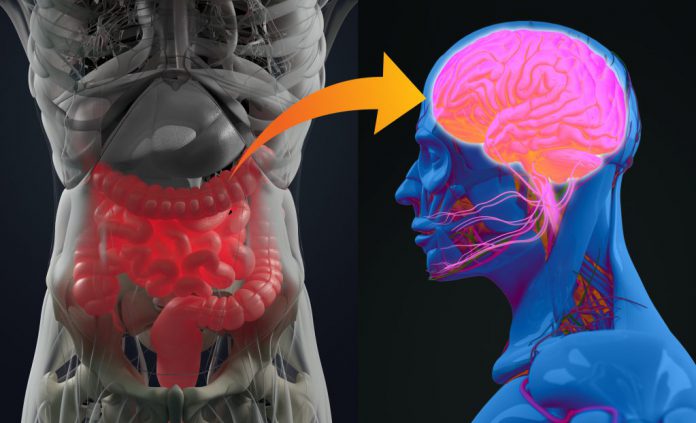In a new study published in the Journal of Alzheimer’s Disease, scientists have confirmed the link between gut microbiota and Alzheimer’s disease.
Alzheimer’s disease is a progressive neurodegenerative disorder that affects an individual’s cognitive skills. Moreover, it is the most common cause of dementia in older adults. Dementia is defined as a chronic loss of cognitive functioning. Thus, affecting memory, thinking, judgment, and orientation.
Although Alzheimer’s is associated with an abnormal protein in the brain, the cause of the disease is still unclear. However, in recent years researchers have become interested in studying the role of gut bacteria in causing certain neurological diseases. Therefore, a team of Swiss and Italian scientists set out to investigate whether an imbalance in the gut bacteria can lead to the disease.
Our results are indisputable: certain bacterial products of the intestinal microbiota are correlated with the quantity of amyloid plaques in the brain
Moira Marizzoni, first author
‘Indisputable’ Link Between Alzheimer’s Disease and Gut Microbiota
The team recruited 89 volunteers aged between 65 and 85 years. Their cognitive performance ranged from normal to dementia. The volunteers underwent positron emission tomography (PET) scans and blood testing.
PET scans analyzed their brains for the presence of amyloid plaques, a characteristic typical of Alzheimer’s. While the blood samples searched for bacterial products such as lipopolysaccharide (LPS) and short-chain fatty acids.
The results showed that those with higher levels of bacterial metabolites in their blood had more amyloid plaques in their brains. Those suffering from Alzheimer’s disease also had higher levels of acetate, a short-chain fatty acid.
Concurrently, individuals with lower levels of cerebral amyloid plaques had a higher concentration of butyrate in their blood. Butyrate is a short-chain fatty acid known for its anti-inflammatory effects in the brain.
Therefore, confirming the association between certain gut bacterial metabolites and the development of amyloid plaques in the brain.
Furthermore, we have also discovered an association between an inflammatory phenomenon detected in the blood, certain intestinal bacteria and Alzheimer’s disease; hence the hypothesis that we wanted to test here: could inflammation in the blood be a mediator between the microbiota and the brain?
Dr. Giovanni Frisoni, co-author
Gut Bacteria Communicates with The Brain
Two-way communication exists between the gut and the brain. This allows a transfer of signals between the two, affecting one another’s health and functioning.
According to research, the vagus nerve plays a role in transmitting information by the intestinal bacteria to the brain. Furthermore, certain gut bacteria metabolites can have inflammatory effects on the brain. Thus, triggering neurodegenerative diseases.
Prevention, Not a Cure
Although the results of the study open up a new door into the treatment options for Alzheimer’s, the authors of the study caution against celebrating just yet.
Indeed, we must first identify the strains of the (bacterial) cocktail. Then, a neuroprotective effect could only be effective at a very early stage of the disease, with a view to prevention rather than therapy.
Moira Marizzoni, first author
Reference:
Marizzoni, Moira, et al. “Short-Chain Fatty Acids and Lipopolysaccharide as Mediators Between Gut Dysbiosis and Amyloid Pathology in Alzheimer’s Disease.” Journal of Alzheimer’s Disease, vol. 78, no. 2, 2020, pp. 683–697., doi:10.3233/jad-200306.
Carabotti, Marilia et al. “The gut-brain axis: interactions between enteric microbiota, central and enteric nervous systems.” Annals of gastroenterology vol. 28,2 (2015): 203-209.




